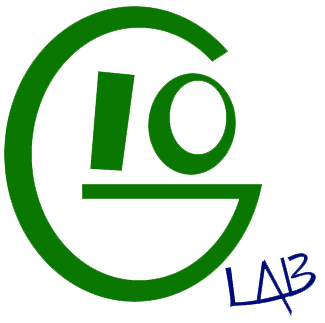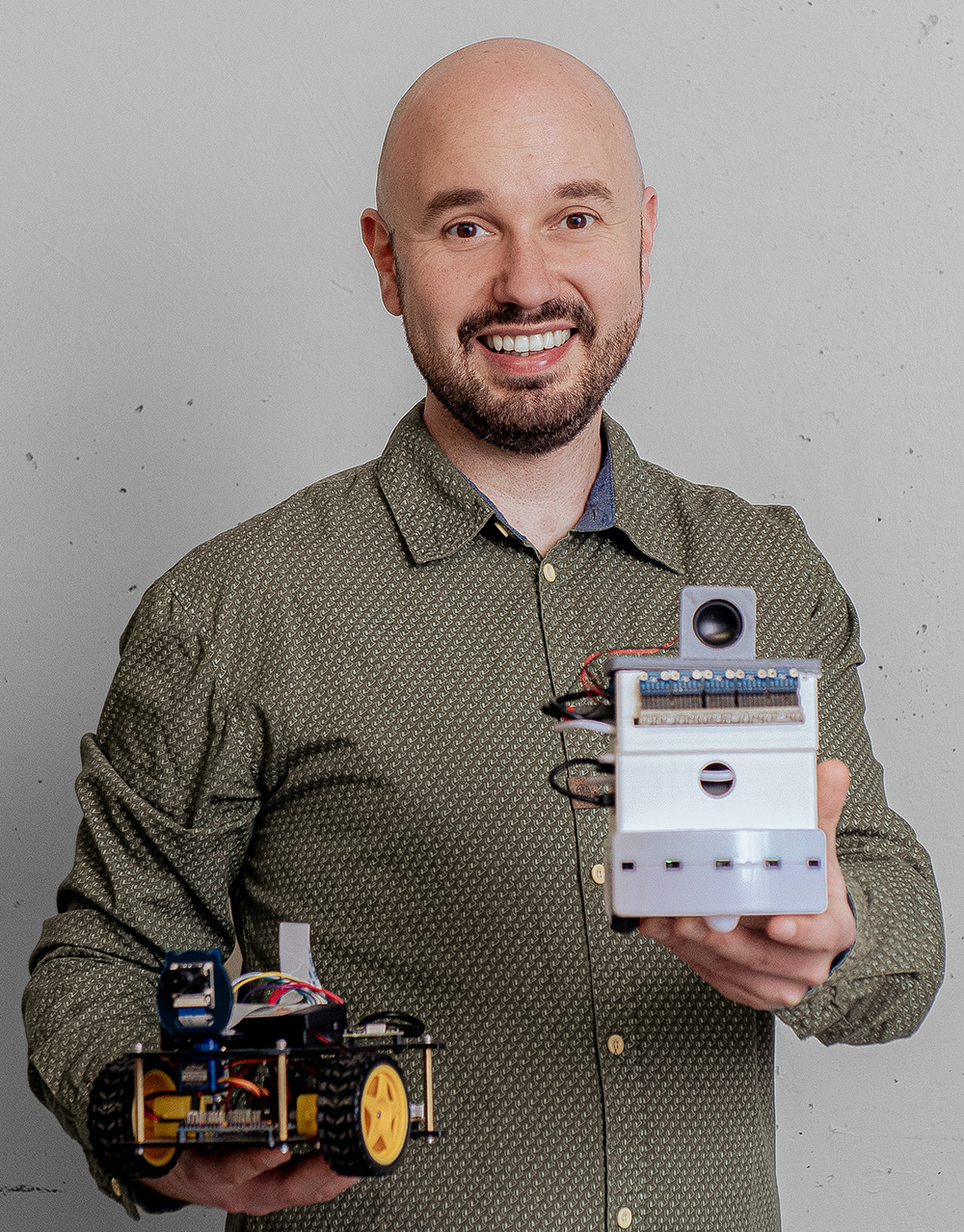
Andreagiovanni Reina, Research Group Leader — GIO Lab — Group Intelligence and self-Organisation
Centre for the Advanced Study of Collective Behaviour, Universität Konstanz & Max Planck Institute of Animal Behavior, Germany

A well-organised group can achieve more than a collection of independent individuals.
We study the rules that individuals should follow to achieve effective collective behaviour. A well-coordinated system is efficient, robust, adaptive, and scalable. But what are the individual rules and social mechanisms used by group-living animals? Can these principles be applied to design coordination algorithms for large-scale robotic system? Are there universal coordination mechanisms that underlie seemingly different systems—such as animal groups, insect colonies, and neurons?
These are some of the key research questions explored by the Group Intelligence & self-Organisation (GIO) Lab.
WHAT WE DO
We use mathematical and computational models to study group intelligence, focusing on how mobile agents exchange, process, and utilize information to achieve self-organised coordination. These decentralised systems can be observed in nature, from insect colonies to neurons. By understanding the self-organisation mechanisms of such systems, we aim to engineer large-scale distributed robotic systems, such as robot swarms and mobile sensor networks, leveraging principles of self-organisation for efficient, resilient, and scalable coordination.The highly interdisciplinary nature of the research we do at the Group Intelligence & self-Organisation (GIO) Lab requires integrating a diverse range of analytical techniques, including statistical physics, network science, computer science, multi-agent simulations, animal behaviour, cognitive neuroscience, and robotics.
To tackle these challenges, we engage in extensive and fun collaborations across multiple disciplines, such as theoretical biology, physics, cognitive neuroscience, psychology, and computer science. And since we also have a passion for robotics, we frequently validate our findings through large-scale swarm robotics experiments, moving one step closer to the deployment of our research into the real world.
All this exciting work is made possible by the fantastic research environment at the Centre for the Advanced Study of Collective Behaviour at Universität Konstanz and the Max Planck Institute of Animal Behavior. Our fabulous GIO Lab Team thrives thanks to the exceptional CASCB colleagues, whose groundbreaking research in collective behaviour spans across diverse systems and scales. For a glimpse into this extraordinary research, watch this video: https://youtu.be/S0MkSuBK0iI.
- M. Dorigo, A. Pacheco, A. Reina, V. Strobel. Blockchain technology for mobile multi-robot systems. Nature Reviews Electrical Engineering 1: 264-274, 2024.
- A. Reina, R. Zakir, G. De Masi, E. Ferrante. Cross-inhibition leads to group consensus despite the presence of strongly opinionated minorities and asocial behaviour. Communications Physics 6: 236, 2023.
- A. Pirrone, A. Reina, T. Stafford, J.A.R. Marshall, F. Gobet. Magnitude-sensitivity: rethinking decision-making. Trends in Cognitive Sciences 26(1): 66-80, 2022.
- M.S. Talamali, A. Saha, J.A.R. Marshall, A. Reina. When less is more: Robot swarms adapt better to changes with constrained communication. Science Robotics 6(56): eabf1416, 2021.
- A. Reina, J.A.R. Marshall, V. Trianni, T. Bose. Model of the best-of-N nest-site selection process in honeybees. Physical Review E 95(5): 052411, 2017.






